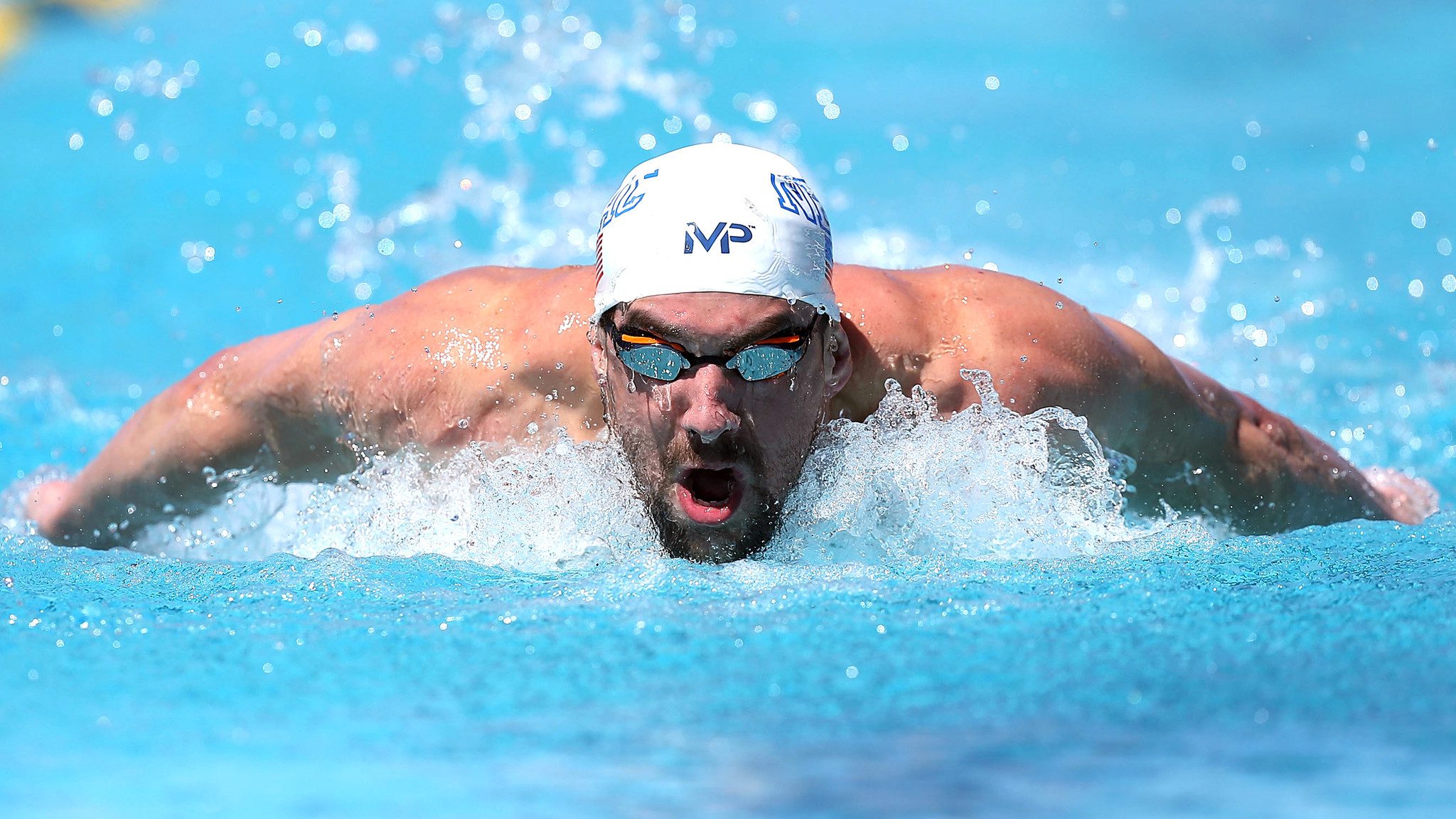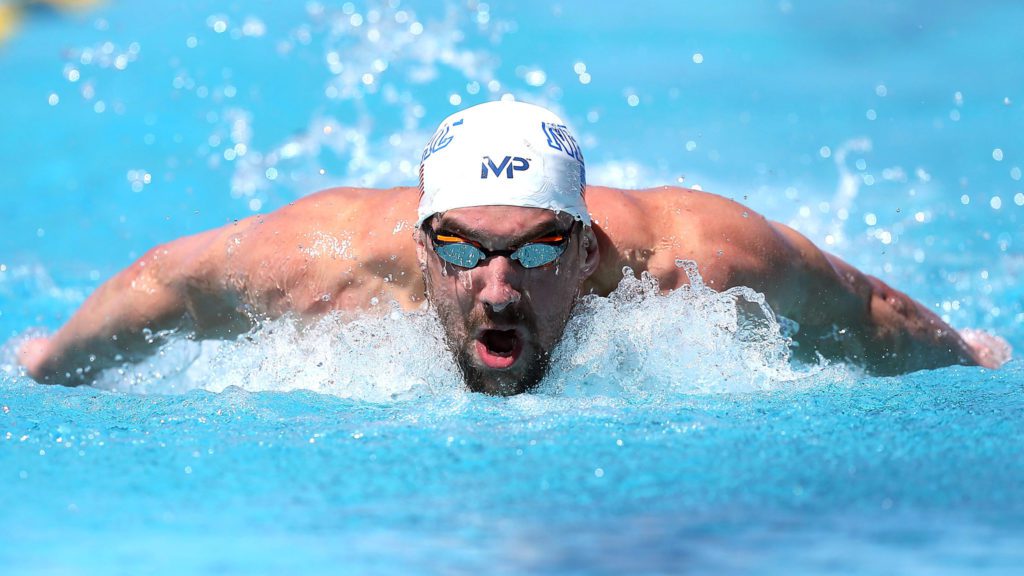Michael Phelps shares the 5 daily habits that made him a winner. Here’s what triathletes can take away
The champion swimmer's five daily keys to success all have great takeaways for triathletes of any level.

The most decorated athlete of all time, swimmer Michael Phelps, shared his five keys to success with CNBC last week. We’ve summarized them and adapted them for triathletes, so you can take away some of his secrets to athletic success and apply them to your own sporting career.
He writes down his goals and keeps them on his nightstand
Phelps keeps physical track of his goals by writing them down and reviewing them often, especially after a hard day. He breaks his goals down into five-year, 10-year and 20-year time blocks.
Phelps says he used to think much more short-term, but this type of goal-setting has proven effective for him.
“I never thought like that. I was always thinking of the next race or the next practice,” he says.
Triathletes: Aiming to complete your first Ironman? Trying to go sub-five hours in your half distance? Keep a training diary or similar type of system and plan your goals for the short term and long term both in sport and life to stay focused and on track.
He never uses the word “can’t”
Phelps and his coach have removed the word “can’t” from Phelps’ vocabulary. For the athlete, this allows him to “broaden my mind and believe that I could do whatever I wanted to, and I think that was a big key of us being so successful,” he says.
He adds, “I was always a kid or a young man that would think as big as I could possibly think. And dream as big as I could possibly dream.”
Triathletes: Don’t put limits on yourself by believing certain goals (such as a Kona qualification) are our of your grasp. This is a similar mindset to Lionel Sanders, who openly talks about how he doesn’t believe in limits.
He’s willing to give up a lot
Phelps is retired now, but when he was swimming it consumed every hour of life — from training, eating and sleeping to the little things required to stay at the top of his game.
“A lot of it is the work you do every day and the sacrifices that you make. I think that’s a really big word, a big key word,” says Phelps.
Triathletes: Endurance athletes won’t be surprised by this one, as we’re all used to the sacrifices that our sport requires. It’s important to keep in mind that while you have to give up a lot to be a champion, you can still strike a good balance as an average age-grouper doing triathlon as a hobby.
He uses other people’s trash talk as fuel
Phelps is fiercely competitive, but stays quiet in his training and lets others do the talking.
“I welcome the trash talking. I love when people do it. I love when they do certain things to just fire me up,” says Phelps.
Triathletes: Focus on your goals, in life and in sport, and don’t worry about what anyone else thinks about them.
He focuses on himself
This one expands on the the last. Phelps says, “I am staying in my lane, I am doing what I have to do, what I want to do to try to be the best. For me, at the end of the day, when I was training, as long as I figured out what I needed to do in order to accomplish my goals and dreams, then that was all that mattered. Nothing else mattered. Everything else would just play out.”
Triathletes: Stop comparing yourself to your training partners and rivals. This applies to training and racing. You can only do your best, and you’re going to get there by identifying your strengths, what you need to work on, and putting in the work.

